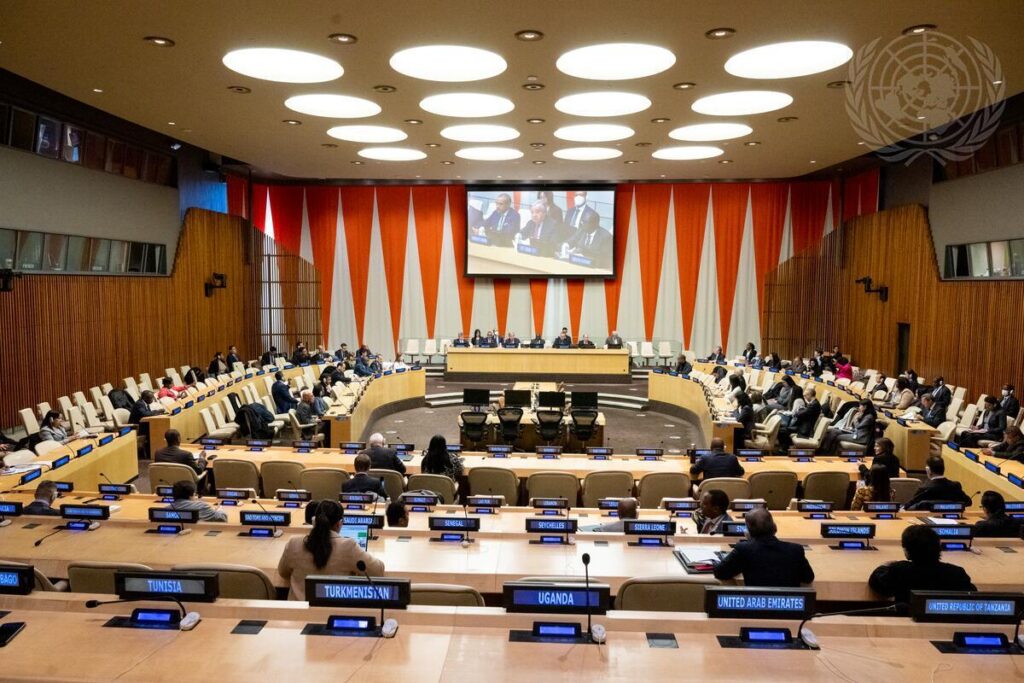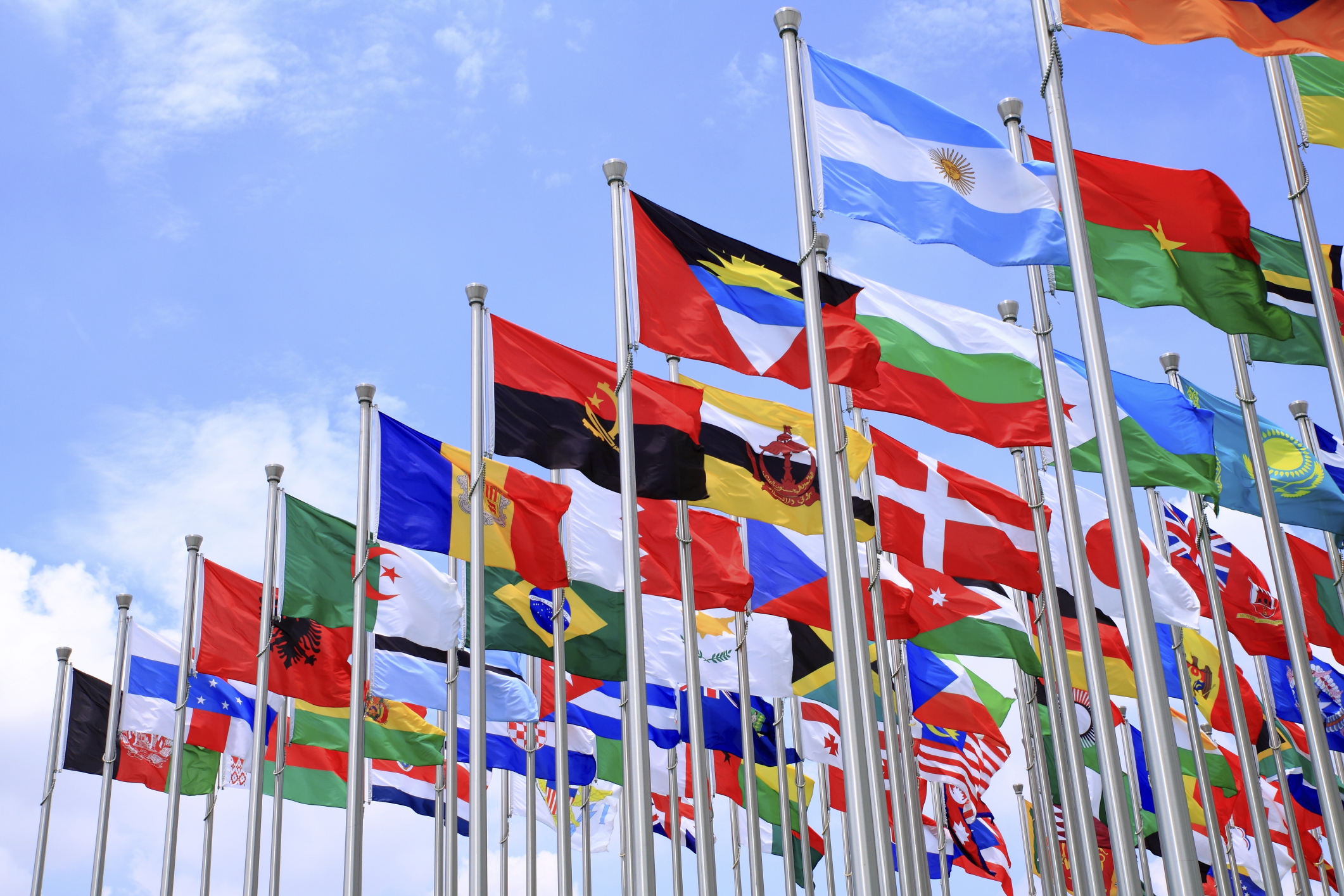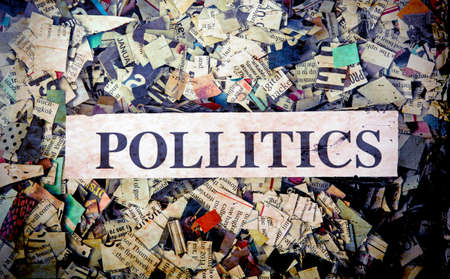Global Politics Today With Challenges and Solutions
Explore the complex landscape of global politics today, uncovering the pressing challenges facing our world

Global Politics Today With Challenges and Solutions
Global politics in the 21st century presents a complex web of challenges and opportunities. From international conflicts and economic disparities to environmental crises and global health concerns, the world is facing a myriad of issues that demand collective action and innovative solutions. In this article, we will delve into some of the key challenges of global politics today and explore potential solutions to address them. It is imperative that nations, leaders, and citizens work together to build a more stable, equitable, and sustainable world.
Challenges in Global Politics
- Geopolitical Tensions and Conflicts: Geopolitical tensions and conflicts continue to pose significant threats to global stability. From the ongoing conflicts in the Middle East to territorial disputes in the South China Sea, the world remains a precarious place. The proliferation of nuclear weapons and cyber warfare only adds to the complexity of these challenges. Solution: Diplomacy, dialogue, and international cooperation are essential for conflict resolution. Nations must prioritize peaceful negotiations over military escalation. Mediation by neutral parties and the strengthening of international organizations like the United Nations can play crucial roles in resolving conflicts.
- Economic Inequality: Economic inequality both within and between nations is a pressing issue. The gap between the wealthy and the poor continues to widen, leading to social unrest and instability. Globalization has often exacerbated these disparities, leaving many marginalized. Solution: Implementing progressive taxation, promoting inclusive economic growth, and investing in education and healthcare can help reduce economic inequality. International financial institutions should provide support to developing nations to build their economies and infrastructure.
- Climate Change and Environmental Degradation: Climate change is an existential threat that transcends borders. Rising temperatures, extreme weather events, and loss of biodiversity are already affecting communities worldwide. Failure to address these issues could lead to catastrophic consequences. Solution: Global cooperation is essential to combat climate change. Nations must adhere to international agreements like the Paris Agreement and implement policies to reduce greenhouse gas emissions. Investing in renewable energy, conservation efforts, and sustainable agriculture are crucial steps toward mitigating environmental degradation.
- Global Health Crises: Recent global health crises, such as the COVID-19 pandemic, have exposed vulnerabilities in the global health system. Access to vaccines and healthcare varies widely, leaving many populations vulnerable to diseases. Solution: Strengthening global health institutions, improving healthcare infrastructure in developing nations, and ensuring equitable access to vaccines and treatments are vital. Collaborative research and information sharing are also crucial in preparing for and responding to future health crises.
- Migration and Refugee Issues: Displacement due to conflicts, persecution, and environmental factors has led to a surge in refugees and migrants. Many nations struggle to manage the influx of displaced populations, leading to humanitarian crises. Solution: Addressing the root causes of migration, such as conflict and poverty, is essential. Nations should adopt humane immigration policies, share the responsibility of hosting refugees, and work together to find durable solutions for displaced populations.
- Technological Advancements and Privacy Concerns: Rapid technological advancements, including artificial intelligence and surveillance technologies, raise concerns about privacy, security, and the potential for abuse. Solution: Establishing clear regulations and international norms for the responsible use of technology is crucial. Promoting digital literacy and ensuring transparency in tech companies' operations can help protect individual rights and global security.
Solutions in Global Politics
- Multilateralism and Diplomacy: Embracing multilateralism and diplomacy as the primary means of conflict resolution can help prevent armed conflicts. Nations should engage in dialogue, adhere to international agreements, and seek peaceful solutions to disputes.
- Global Governance and International Organizations: Strengthening international organizations like the United Nations and World Health Organization can enhance global governance. These institutions can coordinate responses to global challenges, promote cooperation, and hold nations accountable for their commitments.
- Economic Reforms: Implementing economic reforms that prioritize equitable wealth distribution and poverty reduction can help reduce economic inequality. Progressive taxation, social safety nets, and investments in education and healthcare are key components.
- Climate Action: Committing to ambitious climate action, including transitioning to renewable energy sources and adopting sustainable practices, is essential to combat climate change. Nations must fulfill their commitments under the Paris Agreement and collaborate on innovative solutions.
- Global Health Cooperation: Strengthening global health systems, ensuring equitable access to healthcare, and investing in research and preparedness are vital for addressing health crises effectively. Collaborative efforts to develop and distribute vaccines and treatments are essential.
- Migration Policies and Refugee Support: Nations should adopt comprehensive and compassionate migration policies while sharing the responsibility of hosting refugees. Addressing the root causes of migration through diplomacy and development aid can help reduce displacement.
- Technological Ethics and Regulation: Developing ethical guidelines for technology use, ensuring data privacy, and regulating emerging technologies can protect individuals and global security. International cooperation on cyber norms and regulations is crucial.
Global politics today presents a wide array of challenges that require concerted efforts from nations, leaders, and citizens. By prioritizing diplomacy, international cooperation, economic reforms, climate action, global health cooperation, responsible technology use, and ethical governance, we can work towards a more stable, equitable, and sustainable world. It is only through collective action that we can navigate the complexities of global politics and build a better future for all.
What's Your Reaction?




















